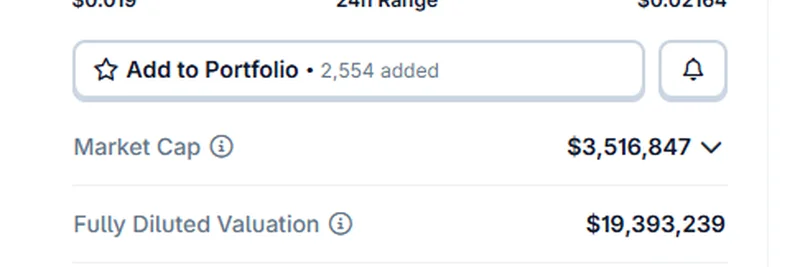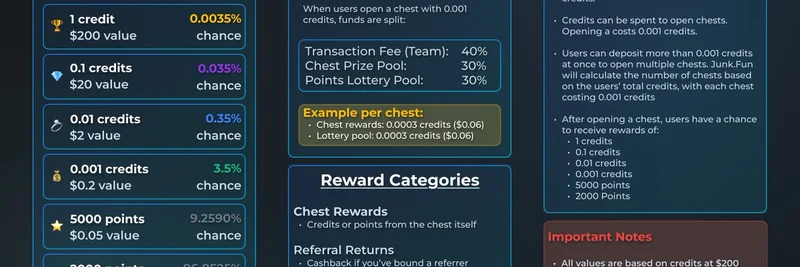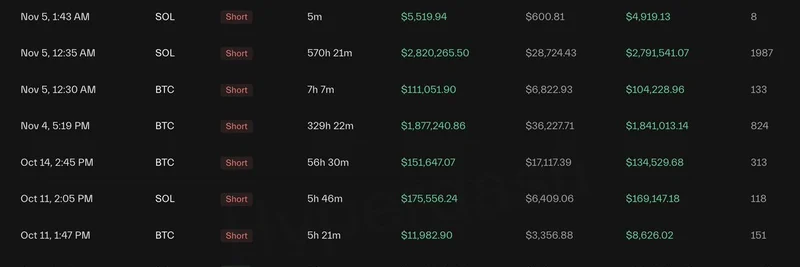The blockchain world is abuzz with discussions about Solana's latest technological advancements, particularly around the concept of Application-Controlled Execution (ACE) and the controversial Block Assembly Marketplace (BAM). Uri Klarman, a prominent figure in the crypto space, recently shared his thoughts on X (formerly Twitter), sparking a lively debate about the future of transaction ordering on Solana. Let's dive into the details and unpack the implications.
The Good: Why ACE Matters
First off, let's talk about why ACE is such a big deal. Klarman highlights that ACE is "super valuable" because it allows applications to control the order of transactions (Tx). This is crucial for decentralized exchanges (DEXs) on Solana, as it can lead to tighter spreads and a more competitive trading environment. Imagine you're trading on a DEX, and the platform can ensure that your buy order gets executed before someone else's sell order, even if they submitted it a split second later. That's the kind of control ACE promises.
Klarman references Max Resnick's thread to emphasize that Solana needs to compete with other platforms today, not just in the future. Increasing transactions per second (TPS) alone won't solve the problem of market microstructure, which is currently the "single most important problem in Solana today," according to ecosystem leaders.
The Bad: Centralized Control Concerns
However, the introduction of BAM brings some serious concerns. Klarman points out that for BAM to work, all transactions must go through it. This means validators will stop including transactions they see directly from the Solana network. Instead, BAM decides the order and sends transactions in-order to be executed by the validator. This raises a critical question: why do we even need decentralized validators if a single protocol like BAM is controlling everything? It starts to look more like a rubber stamp than a decentralized system.
The Ugly: Gatekeeping and Experimentation
There's another layer of complexity with BAM, and it's not pretty. Jito, a key player in this space, needs to gatekeep the plugins that can interact with BAM. If they don't, a searcher could add a plugin that puts their transactions first, and all BAM nodes would run it. This means new applications can't quietly experiment and innovate without Jito's permission. It's a bottleneck that could stifle the very creativity and permissionless innovation that blockchain technology is known for.
A Better Way Forward?
Klarman doesn't leave us hanging without a potential solution. He suggests that the leader (in this case, the validator) should decide the ordering, and apps should be able to create priority accounts permissionlessly. For example, a DEX like Jupiter could create accounts like jup_prio1_xxx or jup_prio2_xxx. The protocol could then revert transactions that don't have the right read-lock on the correct priority account. Why would validators follow this order? Because the apps themselves would pool user fees, pay the validators, and ban any rogue actors. It's a model that maintains decentralization while still achieving the benefits of ACE.
The Takeaway
Klarman's thread is a call to action for the Solana community. He agrees that ACE is valuable but strongly disagrees with outsourcing all transaction ordering to another protocol like BAM. Instead, he believes Solana can achieve ACE without this "outsourcing," and his team is already working on it. This debate is not just about technical details; it's about the soul of decentralized finance (DeFi) and whether we can maintain the principles of openness and innovation while pushing the boundaries of technology.
As the blockchain space continues to evolve, discussions like these are crucial. They challenge us to think critically about the trade-offs between performance, decentralization, and control. Whether you're a developer, investor, or just a curious observer, keeping an eye on these developments is key to understanding the future of DeFi on Solana and beyond.
Stay tuned to Meme Insider for more insights into the world of meme tokens and blockchain technology. We're here to help you navigate the complex landscape and enhance your knowledge base.




